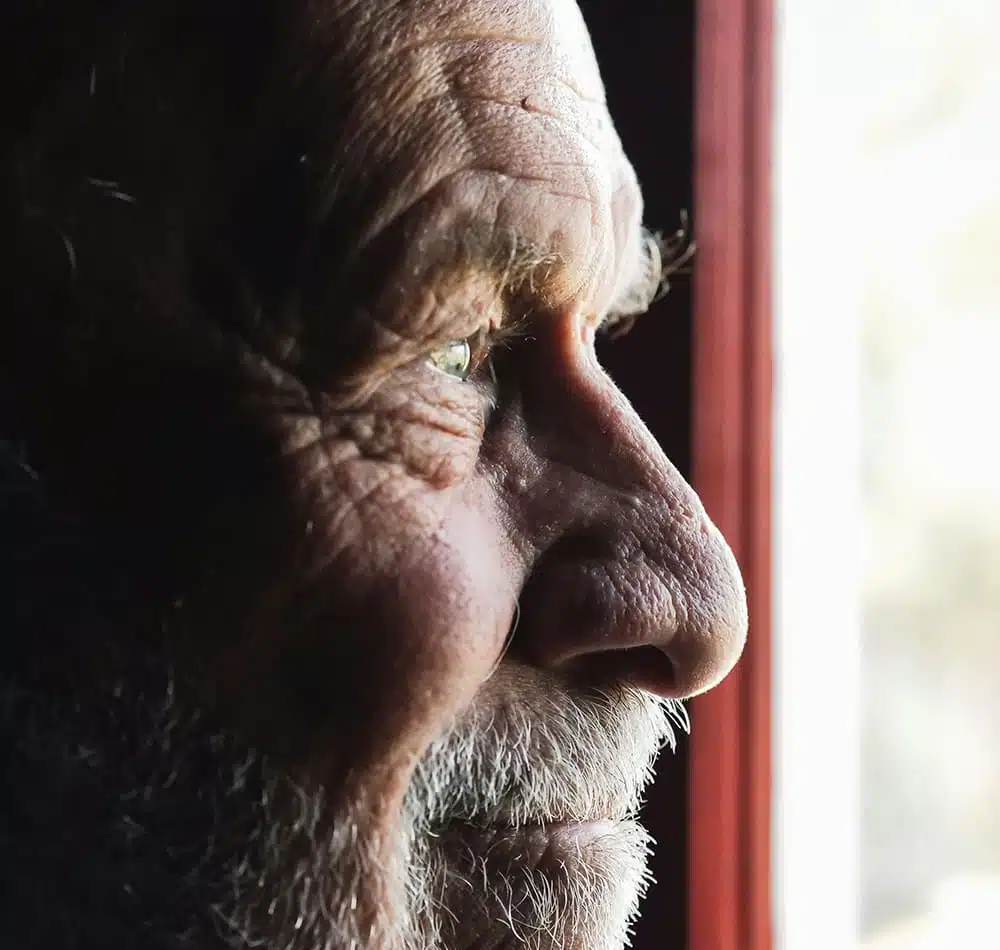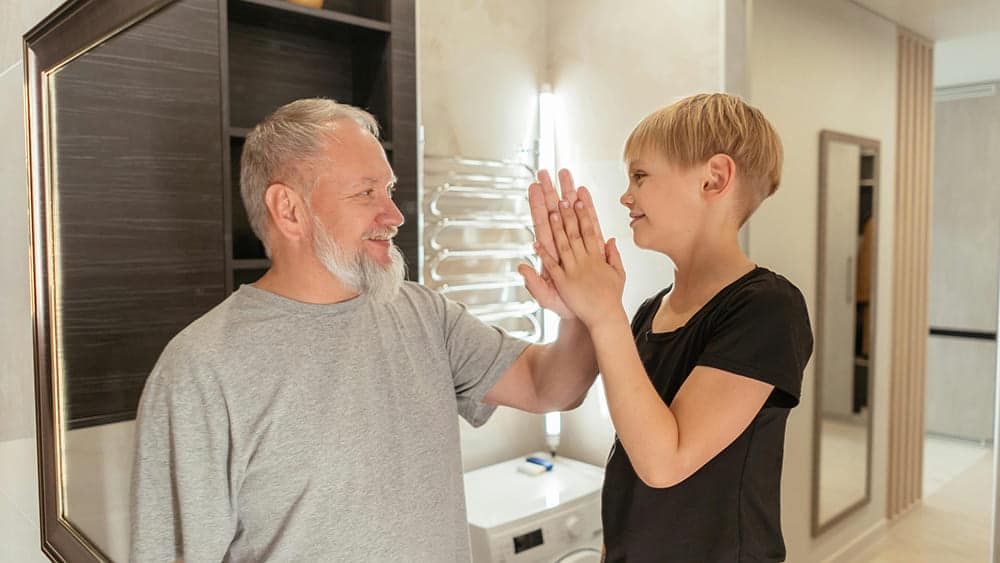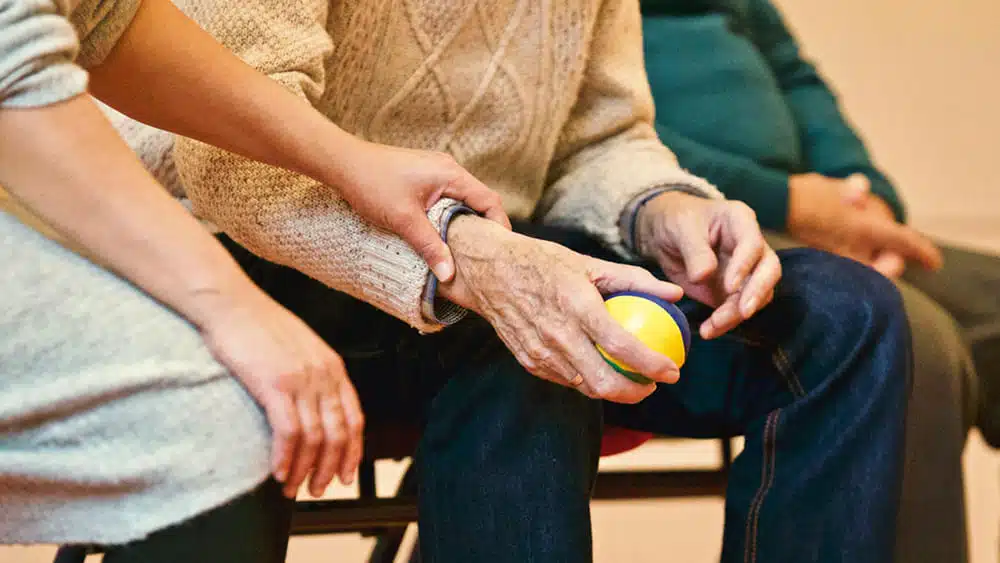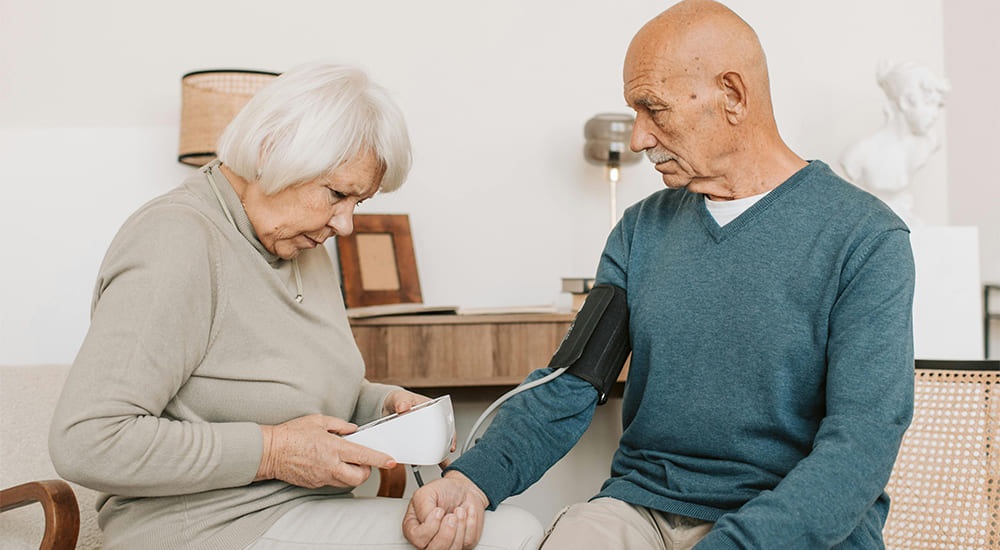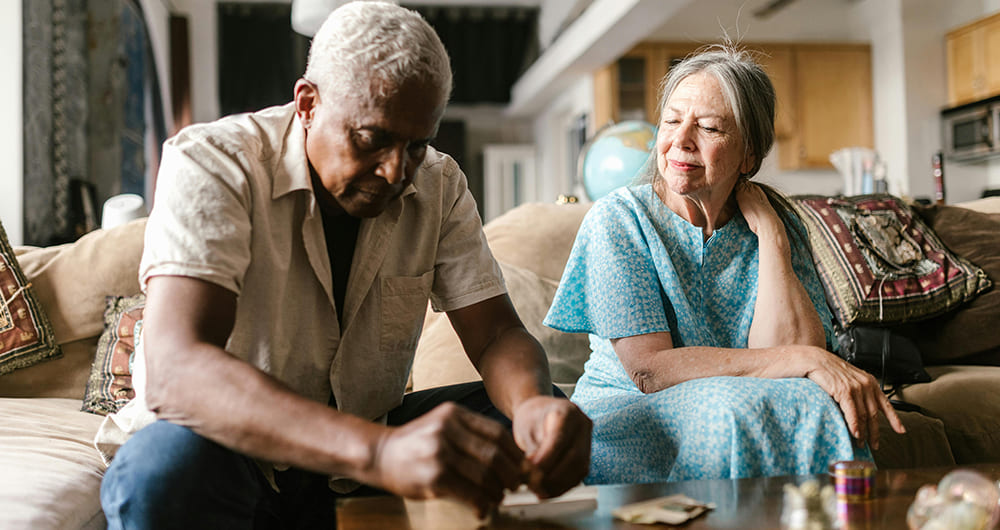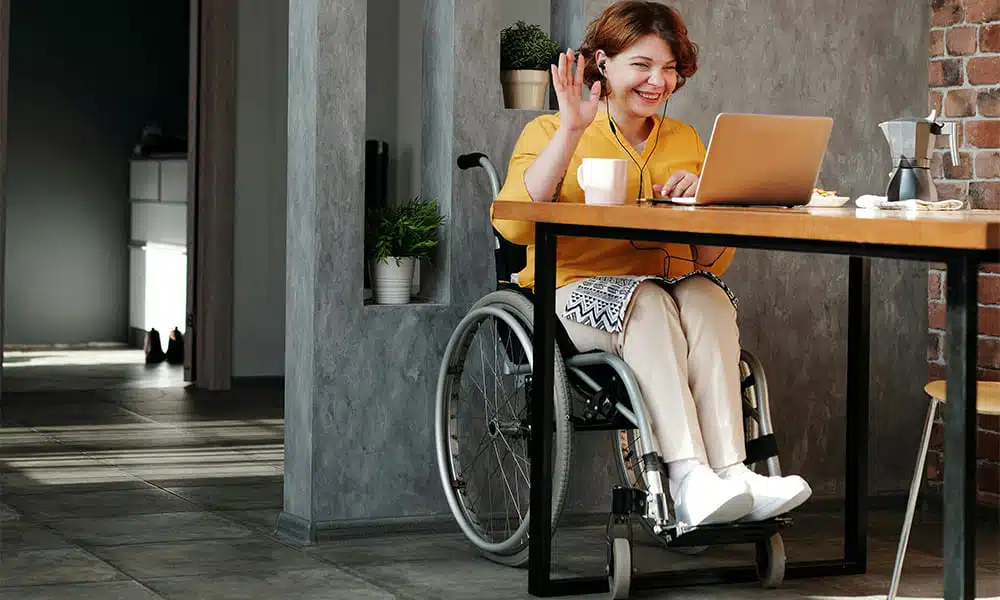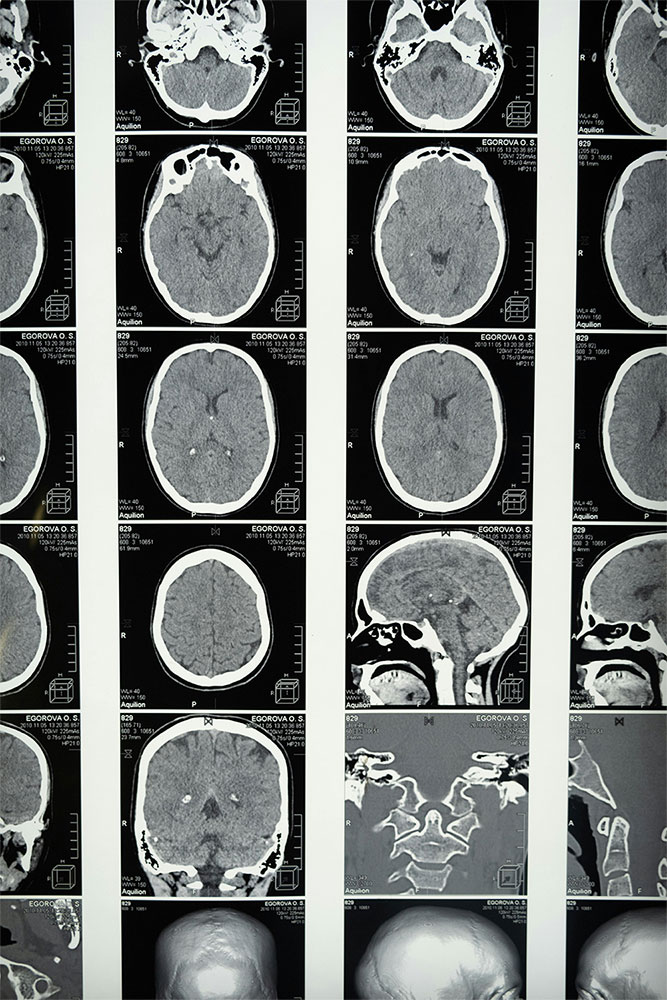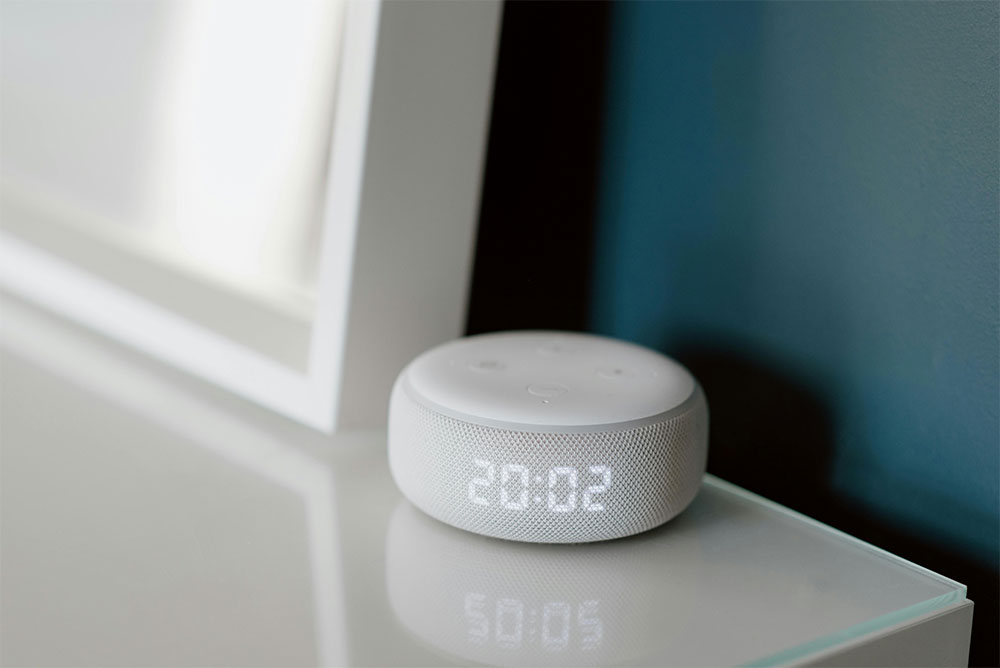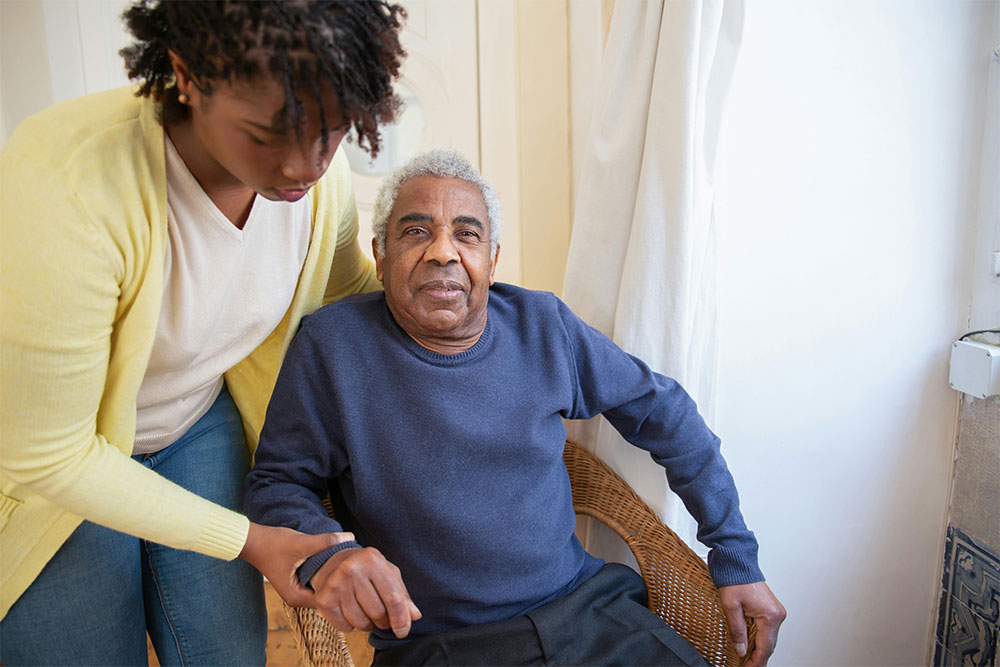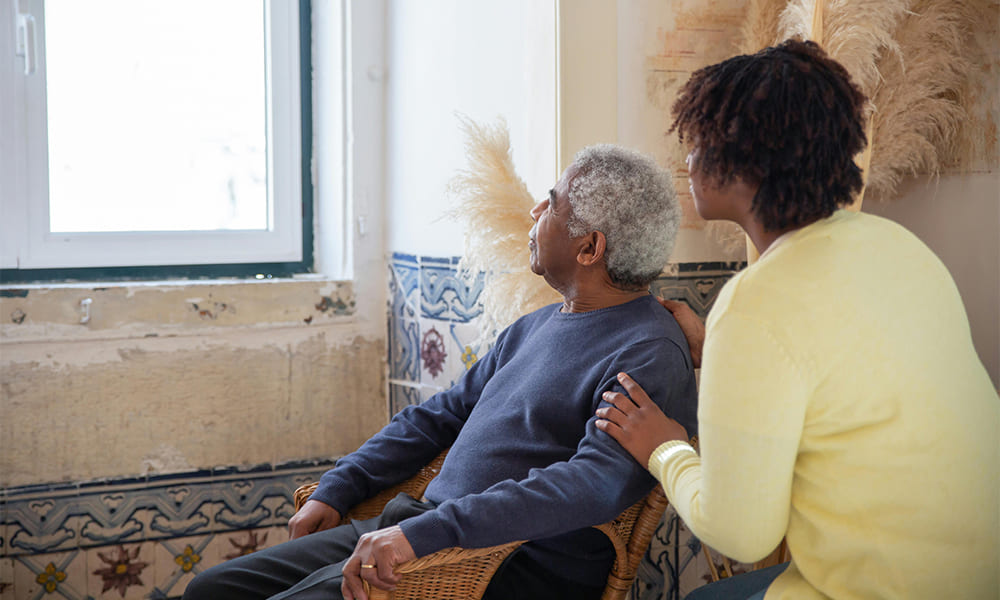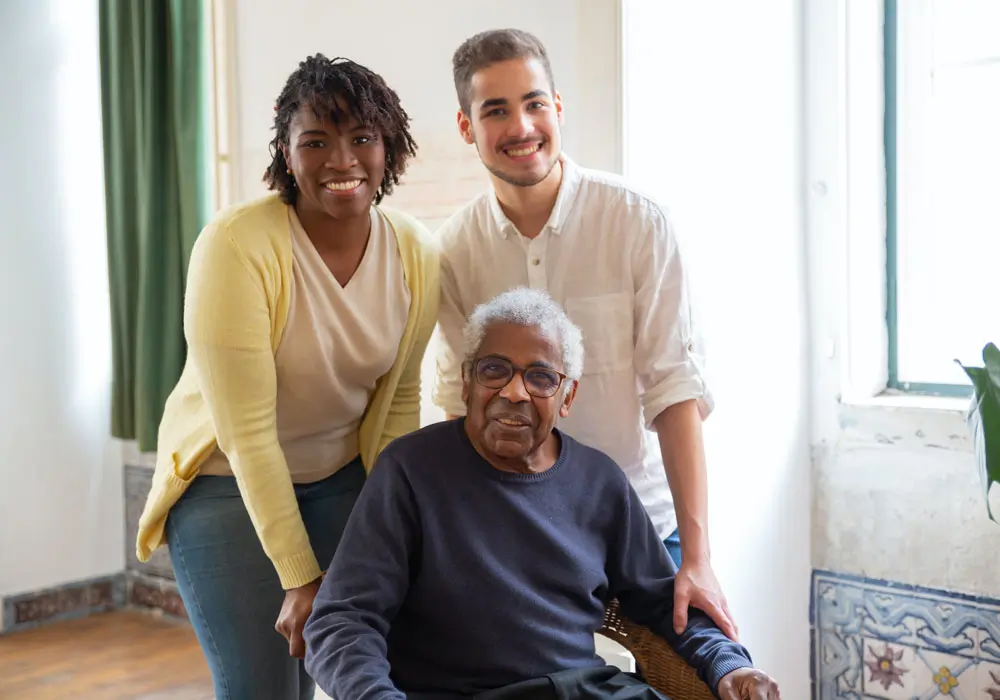
Christopher Ravn
Key Takeaways
1.Establish a supportive environment for your spouse with memory loss, fostering meaningful interactions and reducing challenges they face.
2. Seek medical advice and guidance from healthcare professionals to understand the extent of memory loss and formulate appropriate strategies for coping and care.
3. Adapt activities to suit your spouse's abilities, engage in cognitive stimulation, and encourage physical activity to enhance their quality of life and slow down the progression of memory loss.
Table of Contents
1. How To Deal With A Spouse With Memory Loss?
2. What Are The First Steps To Take When A Spouse Develops Memory Loss?
3. How Do You Live With Someone Who Has Memory Loss?
4. How To Encourage Independence In A Spouse With Memory Loss?
5. Adapting Your Home As A Safe Place For Someone With Memory Loss
6. How Do You Talk To Your Husband About Memory Loss?
7. How Does Memory Loss Affect Relationships?
8. Planning For The Future With Memory Loss
9. How To Increase The Quality Of Life For Your Spouse With Memory Loss?
10. Frequently Asked Questions About 'how To Deal With A Spouse With Memory Loss
How To Deal With A Spouse With Memory Loss?
Essentially, memory loss is the inability to recall information or events that are stored in the brain. Memory loss is a common symptom of dementia and Alzheimer’s and is often among the very first signs.
Memory loss in these cases manifests in several ways. The first is spending longer to recall something, or being unable to recall something at all. Those with memory loss could struggle to recall names or faces, even of people they deal with regularly; have difficulty with words; losing or misplacing items regularly; getting lost in familiar surroundings; forgetting familiar tasks (making coffee, using an app) or forgetting scheduled tasks (birthdays, anniversaries, taking medications, etc).
Another debilitating effect is being unable to create new memories. This is often called short-term memory loss. Recent events are not “recorded” in the person’s brain. For example, a recent conversation would essentially never have happened for someone with short-term memory loss.
The result is usually disjointed conversations, and the person with memory loss will feel unable to participate and withdraw.
The first step is to be patient. Getting frustrated with the person will certainly not help and in all likelihood, the person with memory loss will not understand why you are angry with them.
Speak clearly and concisely and repeat key information. Avoid challenging them about their inability to remember things. Consider using memory aids, like notes and visual cues. Maintain focus on the conversation.
The idea is to create a supportive environment to help foster meaningful interactions and reduce the challenges the person with short-term memory loss faces.
This is an important first step to understanding the extent and causes of memory loss. By understanding the extent, the caregiver can know how to deal with the situation and formulate strategies to cope. By understanding the underlying causes, intervention is possible to mitigate the impact and slow the progression to full-blown Alzheimer’s. Treatment options can be considered.
With this knowledge on hand, it is possible to plan for the future, as such a situation will not go away. The person suffering memory loss will be dealing with it for the remainder of their lives, but effective and early intervention can mitigate the worst of it.
What Are The First Steps To Take When A Spouse Develops Memory Loss?
The first step is to seek medical advice from a healthcare professional. A thorough evaluation can help determine the cause and extent of the memory loss and guide treatment options. Following this, it is important for the caregiver to educate themselves about the type of memory loss their spouse is experiencing. The professional conducting the evaluation should play an important role here, as the professional will be familiar with the case.
Once the type of memory loss is understood, it is time to put measures in place for the affected spouse. These are notes and reminders throughout the house, for instance, or installing reminder apps on the spouse’s smartphone. Keep important items, such as keys and medications, in the same place to reduce confusion. These changes can also include safety measures.
The caregiver must then learn how to communicate with the affected spouse, by speaking clearly and simply when communicating with them, and using memory aids, such as calendars, to-do lists, and reminder notes, to help their spouse remember important tasks and appointments.
How Do You Live With Someone Who Has Memory Loss?
When it comes to cultivating a daily routine that will help people living with memory loss, the main idea is to create an environment that is predictable. This will help them navigate their world, something that becomes more important as the affected spouse might eventually lose track of time.
Daily routines help those with memory loss cope by engaging them in familiar activities. Despite the symptoms, they are aware of what’s going on and that they will lose the ability to perform everyday tasks. Continuing to do everyday tasks is important to build a sense of independence and reduce anxiety about what’s coming.
As memory loss gets worse and progresses towards dementia or Alzheimer’s, the one suffering from it will get increasingly more frustrated with their loss of cognitive and physical abilities. Having a routine can help them cope and face the day with a greater sense of peace and security.
Caregivers can help by breaking these tasks down into smaller, simpler steps and providing short written instructions nearby. They will need to ensure that regularly used items are easily visible and accessible for the affected spouse.
The caregiver can also use reminders like sticky notes or a wall calendar for one-off tasks and set up permanent reminders for regular tasks. Technology can help tremendously here, with any number of reminder apps available.
How To Encourage Independence In A Spouse With Memory Loss?
Memory loss is debilitating and the sufferer’s main concern as relates to this is their autonomy. Will they be able to continue doing what they want, remember those they love, and continue their social life, uninterrupted? Unfortunately, the answer is no, but it can be managed to the point that they remain largely autonomous.
The caregiver’s first step is to provide support and encouragement without taking over tasks. They should break tasks into smaller, manageable steps while offering choices and allowing the affected spouse to participate in decision-making. The use of memory aids and reminders to help them stay organized is vital.
This is generally a good idea and should be ‘supervised decision-making’, as the affected spouse may make decisions based on their limited input. For instance, “Where would you like to eat today?” might elicit a reply from a restaurant that doesn’t exist or is far away, a reply based on their faltering memory.
Modern technology is a great boon to those caring for someone with memory loss, and has made it easier to manage the situation. There are many types of smartphone-based assistive technology available to support independence in individuals with memory loss. Reminder apps can help with medication management or daily tasks. GPS trackers or location devices can help prevent wandering. Smart home technology, such as voice-activated assistants, to help with daily routines.

Adapting Your Home As A Safe Place For Someone With Memory Loss
Those suffering from memory loss are likely to also experience a loss of spatial awareness. They might get lost in familiar surroundings outside the home, and start to wander. This could extend to inside the home. While it should be the most familiar to them, the home might appear as a strange and unfamiliar zone, with hazards lurking around every corner.
Thus, it is important to consider home safety.
Firstly, evaluate the environment. Look for hazards, such as tools, chemicals, and sharp objects in the garage. Use appliances in the kitchen that have automatic shut-off features. Ensure safety devices (smoke detectors, fire extinguishers) are fully functional. Store prescription drugs and kitchen food items, such as seasonings, in case the sufferer mistakes them for real food. This also includes decorative fruit and plants.
The caregiver must also make sure they are able to access every room at any time, to prevent the affected spouse from locking themselves in. Also, it is important to keep walkways and rooms well-lit so tripping hazards are removed.
How Do You Talk To Your Husband About Memory Loss?
When talking to your husband about memory loss, it is important to choose the right time and place. Find a comfortable place that is free from distractions and ways on how to talk to someone with short-term memory loss. Be empathetic and honest, and show concern for your spouse’s feelings. After discussing your concerns with your husband, both of you should seek professional support by visiting a healthcare provider to get an assessment and guidance.
We Believe Prioritizing Brain Health Enhances Your Quality Of Life
Get to know our team, our mission and how our EVY LIGHT® can provide you and your loved ones with a fuller life, letting you breathe a little easier.
How Does Memory Loss Affect Relationships?
Memory loss impacts relationships in different ways, including communication, feelings for one another, and in the area of sex and intimacy.
Memory loss can take a significant emotional toll on both partners in a relationship. The person experiencing memory loss may feel frustrated, confused, and overwhelmed by their inability to remember things or participate in activities they once enjoyed. They may also feel a sense of loss for their previous abilities and independence.
For the partner of someone with memory loss, feelings of frustration, sadness, and grief are common. They may feel overwhelmed by the responsibilities of caregiving and saddened by the changes in their relationship. They may also experience feelings of loneliness, as the person with memory loss may no longer be able to engage in meaningful conversations or activities.
Memory loss can lead to significant shifts in roles and responsibilities within a relationship. The partner of someone with memory loss may take on more caregiving responsibilities, such as managing medications, appointments, and daily tasks. This can be challenging and may require adjustments to the way the relationship functions.
To cope with these changes, it’s important for both partners to communicate openly and honestly about their feelings and needs. Seeking support from friends, family, or a therapist can also be helpful. Additionally, finding ways to adapt to the new dynamics of the relationship, such as creating new routines and finding activities that both partners can enjoy together, can help maintain a strong and supportive relationship.
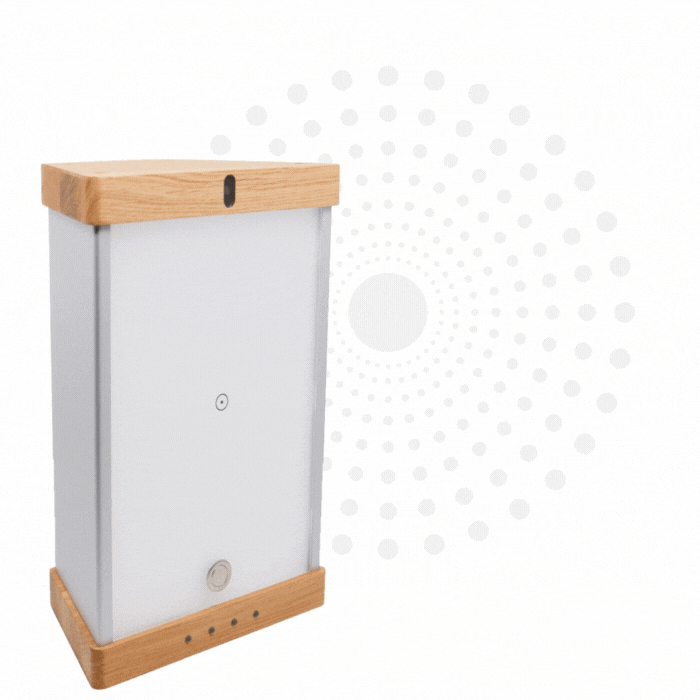
Enhance your brain performance through the power of light.
Comfortable and easy to use 40Hz light therapy to support and improve your brain function.
View Our LightPlanning For The Future With Memory Loss
When talking to a spouse with memory loss, the important thing to remember is to remain yourself but to follow the guidelines above in modifying speech therapy memory activities for adults and delivery to make it easier for the affected spouse to understand.
The primary objective is to get the affected spouse to comprehend what is happening and agree to future needs and care preferences. Depending on how far the memory loss has progressed, this could be easy or hard. This very much depends on the individual and their personality. There is no one way to approach each person. But memory loss is not full-blown dementia or Alzheimer’s so a level of understanding can be achieved.
It is also worthwhile considering legal and financial planning, such as setting up power of attorney and advance directives, if personal or business matters require this.
How To Increase The Quality Of Life For Your Spouse With Memory Loss?
Adapting activities to suit your spouse’s current abilities and finding new ways to enjoy time together can greatly enhance their quality of life. The couple should engage in activities that the affected spouse enjoys and can participate in comfortably. These activities can be modified to make them easier and more enjoyable. Another idea is for the couple to explore new hobbies and interests together.
Encouraging Physical Activity
Physical activity can benefit individuals with memory loss by improving mood, mobility, and overall well-being. Plan and execute a regular routine for physical activity, such as daily walks or chair exercises. The best activities are those that are safe and enjoyable, such as gardening, dancing, or swimming. The caregiving spouse should monitor the affected spouse’s activity level and adjust as needed to prevent overexertion.
Engaging In Cognitive Stimulation
Keeping the mind active is vital to slowing the progression of memory loss. While this condition cannot be reversed, an active mind – one that is cognitively stimulated – will maintain cognitive function and improve the quality of life for the spouse with memory loss.
Engage in brain games and puzzles that are enjoyable and stimulating, such as crossword puzzles, Sudoku, or memory games. Encourage learning new skills or hobbies that challenge the mind, such as painting, playing a musical instrument, or learning a new language. Overall, the key is to be creative, patient, and supportive in finding activities that your spouse enjoys and that help maintain their physical and cognitive well-being.
Games and puzzles; art and music therapy; learning a new language and social interactions. These should be social activities, undertaken with family, friends, and caregivers, to monitor the spouse with memory loss and guide them when needed, to get the most benefit from the activities. If they undertake these activities solo, they might give up, lose interest, or even forget they were doing them.
Learn What Others Have Experienced with EVY Light
See how others have achieved a sharper mind by activating their gamma brainwaves in combination with maintaining a healthy lifestyle.









